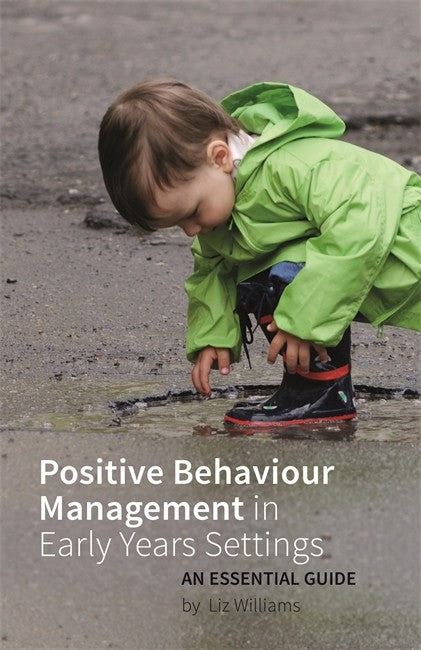Introduction. 1. Definitions of behaviour. 2. Why we and children behave as we do. 3. Why two-year-old behaviour may be different from three or four-year-old behaviour. 4. Teaching self-regulation. 5. What we mean by nurture. 6. The importance of physical environments and their impact on behaviour. 7. The importance of expectations and teaching positive behaviour. 8. Focussing on primary behaviours. 9. Rights, rules and responsibilities. 10. Observing behaviour within a setting. 11. Antecedents behaviour and consequences. 12. The importance of having a plan when it all goes wrong. 13. Staff feelings. 14. Building trust with children and parents. 15. Ten very important things to remember.
Request Academic Copy
Please copy the ISBN for submitting review copy form
Description
This book provides a helpful and accessible introduction to providing the conditions in which children's social skills can positively develop. Offering some basic guidance, hints and tips the author introduces the importance of observation, self- reflection and positive response to challenging situations.

